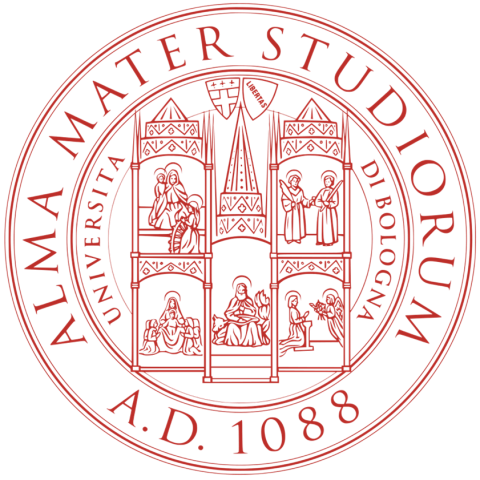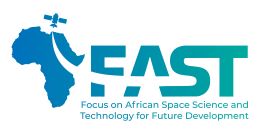
The University of Bologna was founded in 1088 and is considered to be the oldest university in Western Europe. Nowadays, it still remains one of the most important higher education institution across Europe with around 85.000 enrolled students and 6,000 employees. The University of Bologna is among the most internationalised Italian universities. Regularly enrolled international students are around 6,000, while another 3,000 arrives every year on international mobility programmes such as Erasmus+ and Overseas. The number of outgoing students on study grants is close to 3,000 per year as well. The academic offer is composed of more than 200 Bachelor and MA programmes (105 of which are international programmes and 90 of which are completely taught in English) and around 40 Doctoral Programmes. UNIBO is traditionally fostering the institutional participation in EU programmes, networks and initiatives on internationalization of higher education and development cooperation. Through the International Relations and Research Divisions, support is provided for participation in Erasmus+, Horizon Europe, EuropeAid and all the other main EU funding schemes. UNIBO is currently involved in 20 Erasmus+ Capacity Building for Higher Education projects, both as applicant and as partner organization.
The Department of Biological, Geological, and Environmental Sciences-BiGeA has considerable experience on management of research and educational projects both on a national and international level as evidenced by its participation to several projects and international cooperation programs which include collaboration with international universities within the Erasmus program or other exchange and research programs involving students and staff members. The Department is involved in Europlanet RI2024 (a research infrastructure for planetary scientists), while delivering courses in Astrobiology and Planetary Sciences, and has excellent research Laboratories for studies in Astrobiology and Geomicrobiology, and Remote Sensing. The Department of Industrial Engineering-DIN will contribute to the project with the Space Systems group, active since 2003 through two laboratories, the µ3S laboratory (MicroSatellites and Space MicroSystems Lab), and the Radio Science and Planetary Exploration laboratory. The µ3S lab activities started with the ALMASat-1 project, a microsatellite launched in 2012 onboard Vega maiden flight. Building on the success of the ALMASat-1 experience, the laboratory had a strong role in the development of the European Student Earth Orbiter (ESEO), an ESA Education Office project for the development of a micro-satellite mission to Low Earth Orbit, launched in 2018. The team belonging to the Radio Science and Planetary Exploration Lab has a wide experience in the analysis and calibration of tracking data from interplanetary spacecraft, as well as in orbit determination of space probes. Since 2001, it carried out experimental activities focusing on precision tracking of deep space probes for scientific goals in relativity, planetary geodesy and geophysics, and providing also significant breakthroughs in deep space navigation, especially for the cancellation of solar plasma effects. It is contributing to several missions, such as Cassini-Huygens, BepiColombo, Juno, JUICE, HERA and Europa Clipper.
Role in the project
WP6: The team from UNIBO bring the vast experience in Space Technology and Space Missions of the Department of Industrial Engineering and the Interdepartmental Center for Industrial Research in Aerospace. For these reasons, UNIBO will be in charge of the activities in WP6.



